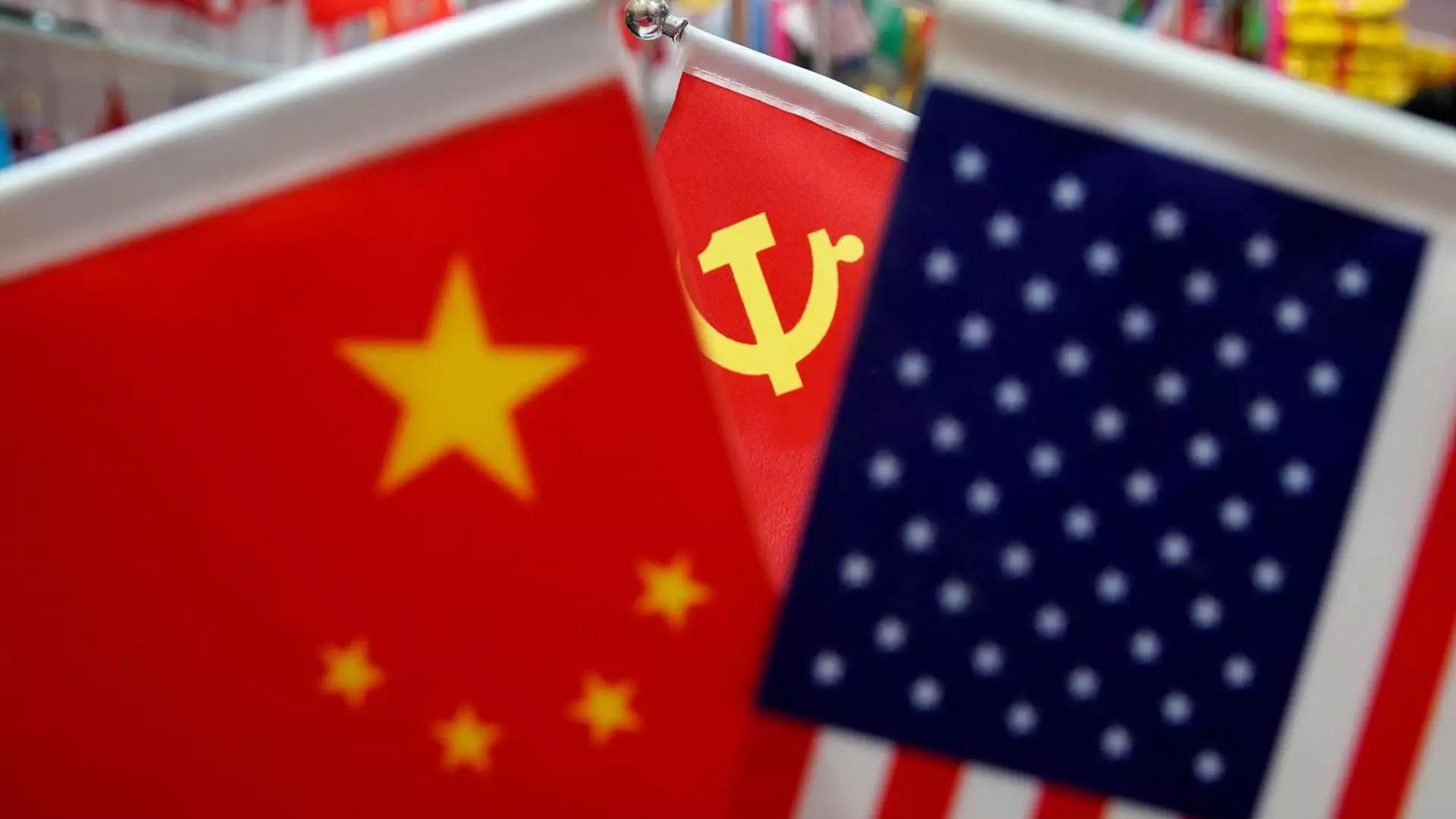In the wake of President-elect Donald Trump’s anticipated presidency, China is expressing a strong desire for enhanced cooperation with the United States. At a recent press briefing, He Yongqian, spokesperson for China’s Ministry of Commerce, articulated China’s readiness to engage in constructive dialogue, focusing on mutual respect and shared benefits. This reflects a strategic pivot in China’s diplomatic posture as it prepares to navigate what many anticipate will be a complex and potentially contentious trade relationship with the incoming administration.
China’s outreach occurs amidst concerns surrounding possible increases in tariffs and trade restrictions on Chinese technology exports. The notion of “win-win cooperation” is not merely a diplomatic nicety; it underscores Beijing’s recognition of the intertwined fates of both economies. He emphasized the need for stability in economic relations to foster sustainability, a point reinforced by President Xi Jinping’s supportive message to Trump earlier that day. The interdependence of the American and Chinese economies has never been more pronounced, making effective communication essential in addressing the fears and uncertainties that dominate the current trade climate.
The prospect of higher tariffs looms over upcoming U.S.-China relations, especially following Trump’s campaign rhetoric, which promised tougher trade stances on Chinese imports. Economists, like Yue Su from the Economist Intelligence Unit, suggest that the incoming administration may act swiftly, possibly leveraging legislative tools to impose tariffs within the first six months of Trump’s term. Such actions could reshape trade dynamics significantly, raising questions about the resilience of global supply chains that rely heavily on Chinese manufacturing.
Simultaneously, perspectives on the actual impact of these tariffs vary. While some analysts, like David Chao, downplay the potential consequences of Trump’s proposed tariffs, cautioning that a significant backlash is unlikely, there are concerns that even modest tariffs could dampen global demand, creating ripples throughout Asia’s interconnected economies. This disparity in predictions highlights the complexity of formulating effective trade policy in an increasingly polarized geopolitical landscape.
While the specter of trade restrictions signals a challenging road ahead, it is essential that both nations pursue avenues for dialogue and compromise. China’s insistence on shared benefits resonates with a broader narrative of global interdependence; no single nation exists in isolation. As trade tensions ebb and flow, fostering an atmosphere of cooperation is paramount for long-term prosperity. To mitigate friction, both governments should engage in proactive discussions aimed at finding common ground while addressing genuine grievances and concerns.
As the world watches this crucial phase in U.S.-China relations unfold, the emphasis on diplomacy and cooperation will be paramount. The potential for increased tariffs may threaten economic stability, yet proactive engagement can mitigate these risks. If both nations commit to transparent communication and collaborate on mutually beneficial policies, they can promote a more favorable economic environment, thereby contributing positively to the global economy. The coming years will likely serve as a litmus test for how nations navigate complex interrelations in an era marked by both competition and partnership.

